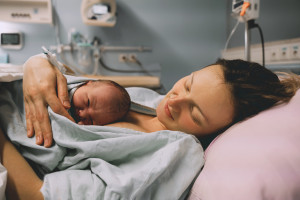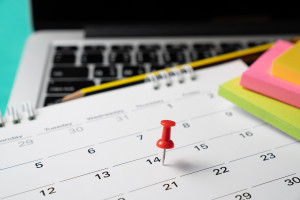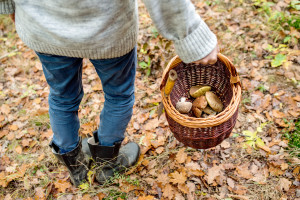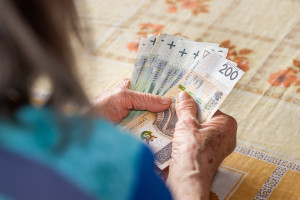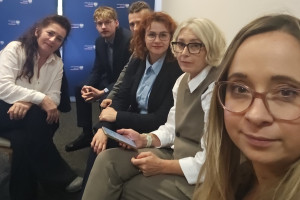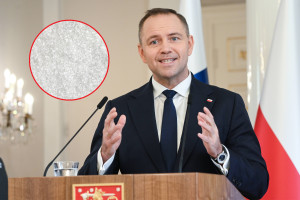"Health education is an opportunity, not a threat." The Council of Patients' Organizations appeals

Author: prepared by JKB • Source: Rynek Zdrowia • Published: September 19, 2025 12:33
The Presidium of the Patient Organization Council at the Patient Rights Ombudsman issued an important appeal to parents and students. "As patient communities, we see the consequences of a lack of prevention and knowledge every day. We also know how much can be gained through simple, systematic actions," we read.
- Until September 25, parents can decide whether their children will attend additional health education classes.
- The Presidium of the Council of Patients' Organisations has issued its position on this matter
- "These are the last days to make a decision. It's worth giving children a chance and not succumbing to narratives based on fear and disinformation," representatives of the organization appeal to parents and students.
The Presidium's position was addressed directly to parents and students regarding participation in health education classes. "As representatives of patient communities who daily support those struggling with chronic illnesses, mental health issues, and the consequences of neglected preventive measures, we appeal: do not give up on participating in health education classes. These are the last days to make a decision. It's worth giving children a chance and not succumbing to narratives based on fear and disinformation," we read.
The Presidium lists the positive aspects of health education in schools:
- teaches practical life-saving skills,
- strengthens healthy habits that actually reduce the risk of obesity,
- type 2 diabetes, hypertension, tooth decay and sleep problems,
- helps with mental hygiene, recognizing emotions, coping with stress, violence and cyberbullying,
- shapes safe behavior on the Internet,
- teaches critical thinking in the area of health promotion, including diet, supplementation and "miracle" treatments,
- organizes basic knowledge about human development, maturation and boundaries - appropriate to age, respecting family values and parents' right to education.
What do students gain?
- a greater sense of agency and security in everyday and emergency situations,
- better concentration and academic performance thanks to healthier sleep, nutrition and physical activity,
- lower risk of risky behavior thanks to reliable, non-internet word of mouth,
- peer and adult support on difficult topics before a crisis occurs.
What do parents gain?
- a partner in shaping health habits at home,
- transparency: the program is implemented based on Polish education law, preventive programs and recommendations of public health institutions, the school can share the outlines and materials used during classes,
- possibility of co-decision: content is age-appropriate, and classes conducted by external entities require consent - ask about the outlines, qualifications of the instructors and the objectives of the classes.
Most common doubts and short explanations
- “It’s an ideology” – health education is based on medical facts, safety standards and prevention, not on worldview;
- "Children are too small" - the content is gradational: the youngest learn mainly safety, hygiene, emotions and habits, older ones more complex issues, always appropriate to their age;
- "It's the role of the family" - family is key. School supports and complements, not replaces, parents. The school-home community produces the best results;
- "I'm concerned about sensitive topics" - you have the right to ask about materials and submit comments. Sound education protects against harm, misinformation, and peer pressure.
Request from the Presidium of the Patient Organization Council to parents:
- Encourage children to participate and talk after class about what they have learned.
- Ask the school for outlines, core curricula and the names of the instructors – you have the right to do so.
- Co-create safety: sign consent forms for first aid classes, support preventive actions, and report the needs of the class.
"As patients, we see the consequences of a lack of prevention and knowledge every day. We also know how much can be gained through simple, systematic actions. Health education is an opportunity, not a threat. Together, let's ensure it is reliable, transparent, and close to the real needs of children and young people," the statement concluded.
Copyrighted material - reprint rules are specified in the regulations .
rynekzdrowia

